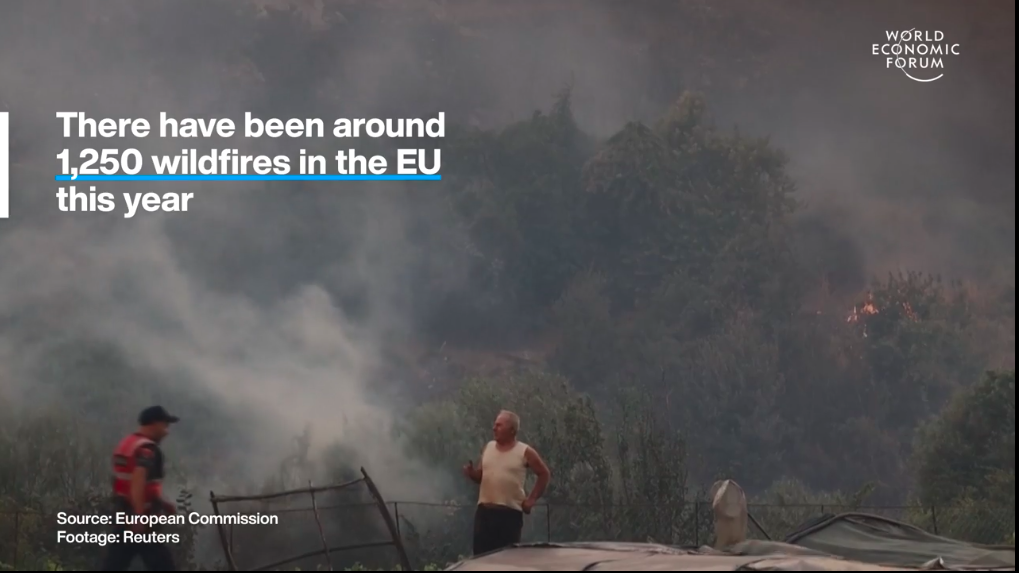
A two-day workshop on Innovation and Technology for Fire Protection and Water Resource Management will be held in Tirana on 27–28 October 2025. Experts from Italy, Montenegro, and Albania will gather to share knowledge, practical experience, and new solutions that help protect people, forests, and water resources.
The workshop is organized by the Albanian National Civil Protection Agency as Lead Partner of Resilience project. It will focus on how modern tools—like thermal drones, satellite data, and digital monitoring systems—can improve fire prevention, firefighting, and sustainable water management. Participants will include civil protection teams, scientists, local authorities, and technology specialists.
The South Adriatic region is increasingly affected by climate change, facing stronger heatwaves, droughts, and extreme weather that raise the risk of wildfires and water shortages. Limited coordination between institutions and a lack of modern tools make it difficult to prevent or respond effectively to these emergencies, putting people, farmland, forests, and infrastructure at risk.
To address these challenges, the project promotes the use of advanced technologies—such as thermal drones, satellite data, and digital monitoring systems—alongside regional cooperation among Italy, Montenegro, and Albania. Through shared training, pilot projects, and joint workshops, it aims to strengthen early warning systems, improve firefighting and water management, and build a sustainable model for resilient communities. By combining innovation, science, and teamwork, the initiative seeks to protect natural resources and help local authorities respond faster and more effectively to climate-related threats.
The workshop marks a practical step toward more technology-driven and cooperative civil protection. By learning from each other and testing new tools, local teams can respond faster, reduce damage, and protect natural resources more effectively. For the South Adriatic region, this means better prevention of wildfires, smarter use of scarce water, and stronger community resilience in the face of climate threats.
Download the Agenda




